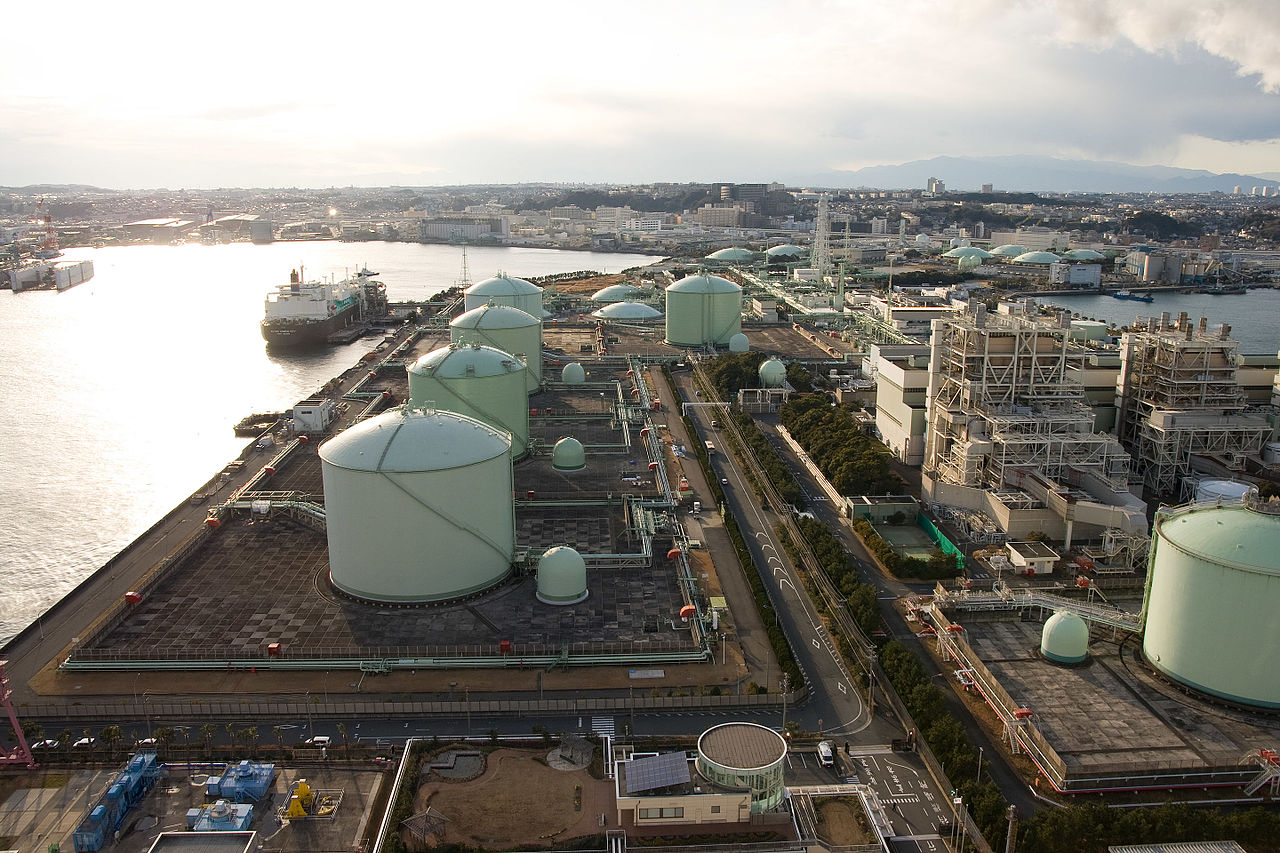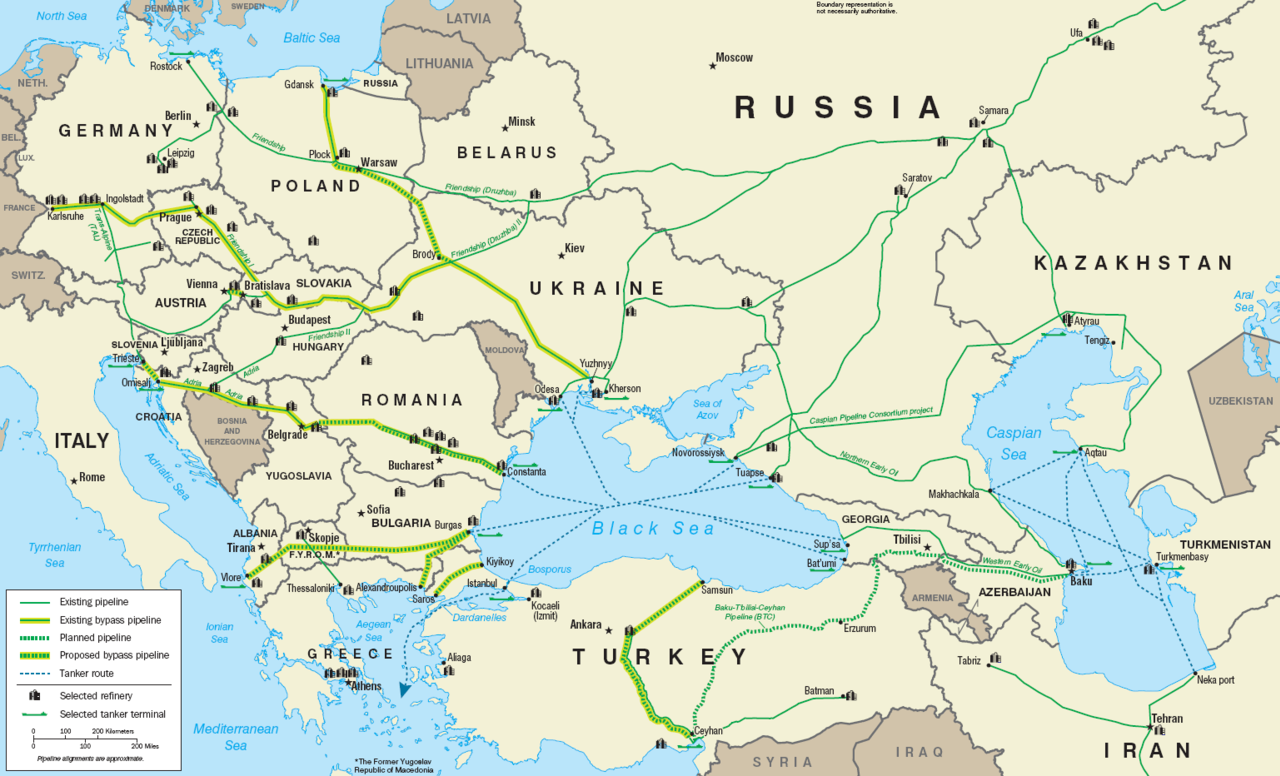
Since the Russian invasion of Ukraine, Sonatrach has been increasingly active in the region.Continue reading

A possible shutdown of Russian oil supplies through the Friendship pipeline (Druzhba pipeline) could reduce Hungarian oil giant MOL‘s market valuation by up to a quarter, according to Erste Bank. The bank calculated the consequences of the move for the Hungarian oil company after the announcement in Ukraine last Friday, reportsVilággazdaság.
Erste Bank estimates that a cut in Russian oil supplies would reduce MOL’s valuation by 20-25 percent, or HUF 500-750 (EUR 1.27-1.90) per share.
Tamás Pletser, oil and gas analyst at Erste, believes that
cutting off Russian oil would reduce MOL’s current annual adjusted earnings (EBITDA, earnings before interest, taxes, depreciation, and amortization) of over USD 3 billion to USD 2-2.4 billion.
The reason is that Russian oil is USD 5-10 per barrel cheaper than offshore oil and the cost of transport could be slightly more expensive if it reaches the Hungarian oil company’s refineries via the Adriatic Sea instead of the Friendship oil pipeline.

Map of the Friendship pipeline. Photo: Wikipedia
The bank does not see any security of supply problems in Hungary, as MOL’s refineries would continue to operate and imports of product from foreign markets could be increased.
However, Hungarian retail prices would probably rise by around 5-10 percent due to higher and more expensive product imports.
In an analyst note, Erste points out that MOL has been preparing for years to stop oil deliveries through the Friendship pipeline. If this were to happen now, the capacity utilization of the company’s two internal refineries would have to be reduced to 80 percent, and supplies could be secured from the Trans Adriatic Pipeline (TAP). The company currently buys 11 million tons of Russian oil a year, with the possibility of supplying 8 million tons a year from the Adriatic. By 2026, MOL will have completed projects to ensure that it can be fully supplied from TAP. The oil giant agreed this year with the Croatian company Jadranski naftovod (JANAF) to use the Adriatic pipeline for a total of 2.2 million tons, which should be increased to 8 million tons next year. The Adriatic pipeline can deliver more, but this will require investment from JANAF.
Last Friday, Volodymyr Zelenskyy’s adviser, Mykhailo Podolyak initially announced that Ukraine would halt the operation of the Friendship oil pipeline starting January 1 2025, which would cut off a significant supply of Russian oil. Investors were also alarmed by the statement and the Hungarian MOL’s share price was down nearly 6 percent, but managed to recover by the end of the day. Mykhailo Podolyak later retracted his statement, clarifying that Ukraine would honor its contractual obligations for oil transit until the end of 2029. The confusion arose from mixing up the expiry dates of the oil and gas transit contracts, with the gas contract expiring in January 2025.
The investor relief is also having an impact at the start of the week, with MOL’s share price up 0.7 percent in the first hour and a half of trading on Monday. This puts the share price back above Thursday’s closing price, meaning that MOL has quickly made up for the fall caused by the news of the supply problems.
Via Világgazdaság; Featured image via Facebook/MOL